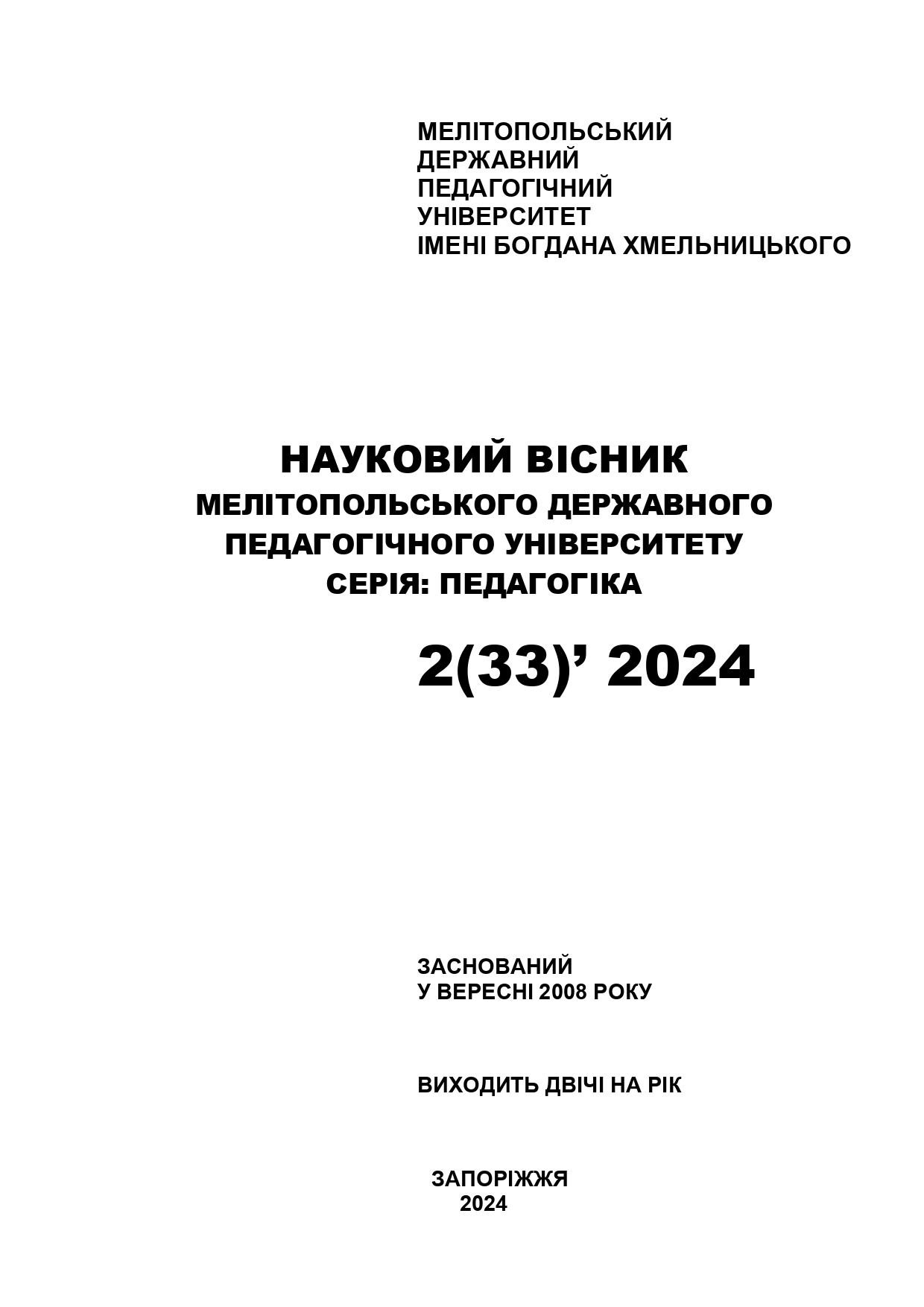Formation of social skills in primary school children through group learning.
Abstract
The article examines the importance of group activities as an effective tool for the development of social skills in primary school children. It emphasizes that social skills, such as communication, collaboration, conflict resolution, and the development of emotional intelligence, form the foundation for children's successful adaptation to the learning process and their subsequent integration into society. Group activities in primary school not only ensure the effective assimilation of educational material but also contribute to the development of essential personal qualities, such as responsibility, independence, tolerance, and mutual respect. Various forms of group work are explored, including project activities, role-playing, educational discussions, and interactive exercises, which promote active student interaction, teach teamwork, help students find compromises, and encourage mutual support in achieving a common goal. The teacher plays a key role in this process, acting not only as an organizer of the learning process but also as a facilitator who helps children resolve conflicts, fosters emotional intelligence, and stimulates student interaction and cooperation. Particular attention is given to the role of teachers in creating a favorable psychological climate, establishing conditions for open and honest communication among students, and developing individual abilities through group activities. The article outlines directions for further research in this field, including the importance of integrating modern technologies into group activities, as well as the role of pedagogical counseling and psychological[1]pedagogical support in the development of students' social skills. Group activities are an important tool not only for the formation of academic knowledge but also for the harmonious development of social skills, which contribute to successful socialization and prepare children for adult life in modern society.




